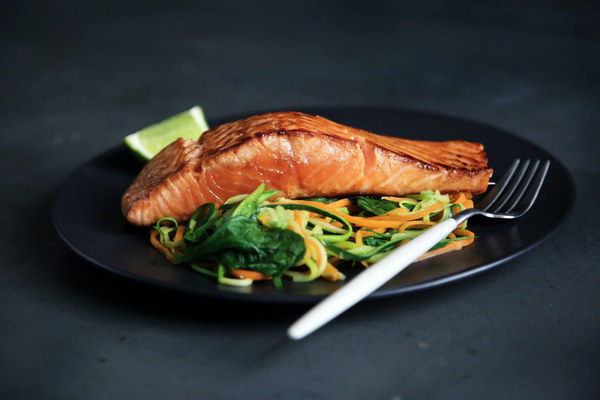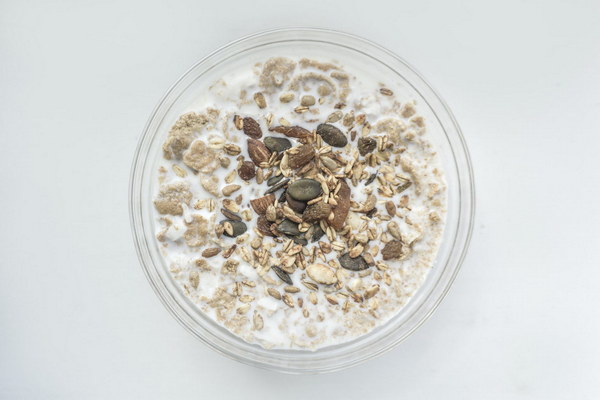Eyes to the Plate A Nutritional Approach to Prevent and Alleviate Myopia
In an era where digital screens dominate our daily lives, the prevalence of myopia, or nearsightedness, has reached unprecedented levels. While genetics play a significant role, a balanced diet can help prevent or mitigate the progression of this condition. This article explores the concept of myopia dietary therapy and provides practical advice on incorporating eye-friendly foods into your daily meals.
Understanding Myopia and Its Causes
Myopia is characterized by the inability to see objects clearly at a distance, with images focusing in front of the retina instead of on it. It is caused by a combination of genetic and environmental factors, including excessive near-work, inadequate outdoor time, and poor diet.
The Role of Nutrition in Myopia Management
Nutrition plays a crucial role in the development and progression of myopia. Certain nutrients have been found to support eye health and reduce the risk of myopia. Here are some key nutrients to focus on:
1. Vitamin A: Essential for the maintenance of normal vision, vitamin A is crucial for the growth and development of the retina and cornea. Sources include carrots, sweet potatoes, and dark leafy greens.
2. Vitamin C: This antioxidant helps protect the eyes from oxidative stress and inflammation. Citrus fruits, strawberries, and bell peppers are rich in vitamin C.
3. Vitamin E: Another antioxidant that helps prevent damage to the eyes, vitamin E can be found in nuts, seeds, and vegetable oils.
4. Lutein and Zeaxanthin: These carotenoids act as natural sunscreens for the eyes, protecting them from harmful blue light. Eggs, spinach, and kale are great sources of these nutrients.
5. Omega-3 Fatty Acids: Found in fatty fish, flaxseeds, and walnuts, omega-3s have been shown to help reduce the risk of developing myopia.
6. Zinc: This mineral is important for the functioning of the retina and helps transport vitamin A to the eye. Oysters, beef, and legumes are good zinc sources.
Myopia Dietary Therapy: A Practical Guide
To incorporate these nutrients into your diet, consider the following tips:
1. Incorporate a Variety of Fruits and Vegetables: Aim for a colorful plate, including a variety of fruits and vegetables rich in vitamins, minerals, and antioxidants.
2. Eat Fish at Least Twice a Week: Incorporate fatty fish, such as salmon, mackerel, and sardines, into your diet to get a good dose of omega-3 fatty acids.
3. Snack on Nuts and Seeds: Almonds, walnuts, and flaxseeds are great sources of vitamin E and omega-3s. Have a small handful as a snack or sprinkle them over salads and yogurt.
4. Include Eggs in Your Breakfast: Eggs are an excellent source of lutein, zeaxanthin, and vitamin A. Try hard-boiled eggs or incorporate them into omelets and scrambled eggs.
5. Limit Sugar and Processed Foods: Excessive sugar and processed foods can contribute to inflammation and oxidative stress, which may worsen myopia. Focus on whole, unprocessed foods.
6. Stay Hydrated: Drinking plenty of water throughout the day can help support overall eye health.

Conclusion
While myopia dietary therapy cannot reverse the progression of the condition, it can help prevent its development and slow its progression. By incorporating eye-friendly foods into your daily meals and maintaining a balanced diet, you can support your eye health and reduce the risk of myopia. Remember, it is always best to consult with a healthcare professional before making significant changes to your diet.









